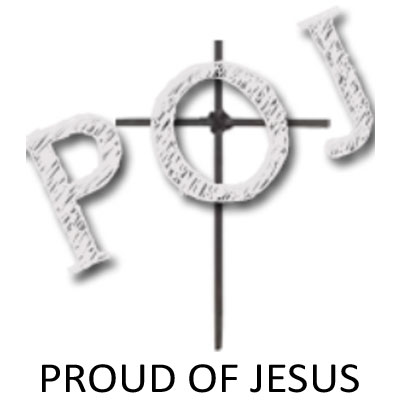Emotion Quite Often Supercedes Economics
Catholics Are Baptizing
ProudOfJesus-Crypto
What Church Leaders Should Know About CryptoCurrency
Cryptocurrencies have never been more popular, with an estimated 300 million users worldwide and an aggregate value of $2.22 trillion. Bitcoin, the original crypto, reached an all-time per-coin high of $60,000-plus earlier this year, a staggering milestone considering it was only valued at $2 just 10 years ago, shortly after its 2009 launch.
But despite the increase in global reach and perceived legitimacy, questions about cryptocurrency — a digital and purportedly decentralized alternative to so-called “fiat currency” issued and backed by the state — remain widespread.
And for Catholics, those questions aren’t merely about what crypto is, how it works, and what its market values is, but also the moral implications associated with its use. How does the spread of cryptocurrency impact human flourishing and the common good? And how should Catholics approach crypto when it comes to owning or investing in it?
If you’re looking for official Church answers — a papal bull on cryptocurrency every morning with your copy of the Register, as it were — you’re out of luck. While a 2017 Vatican conference addressed crypto — especially its usage in human trafficking — and it was once alleged that the Holy See was considering launching a “Catholic bitcoin,” no sort of official moral assessment or guidance has been issued by any curial office.
Joseph Capizzi, a moral theologian and executive director of the Institute for Human Ecology at The Catholic University of America, says the Church’s lack of official guidance on crypto isn’t surprising. He says recent Church teaching has tended to focus less on the mechanisms of measuring and transferring wealth and profit and more on their relationship to human virtue and social flourishing.
Without an application of Christian social teaching to cryptocurrency issued from the Church’s teaching authority, Catholics and other people of goodwill are left to think through the ethical considerations of cryptocurrency themselves — often coming to dramatically different conclusions.
‘Thank God for Bitcoin’
For some, Bitcoin is an answer to prayer — or at least a means to a more just way of doing money than the current “fiat currency” model, in which legal tender has value because the government says it does. That’s the argument at the heart of Thank God for Bitcoin: The Creation, Corruption, and Redemption of Money, a 146-page book published last year.
According to co-author J.M. Bush, a reformed evangelical, fiat currency approaches violate the biblical “sowing and reaping” principle found, for instance, in Romans 2:6 — namely the notion that one’s wealth should reflect their work.
Because the U.S. dollar’s value hasn’t been tied to gold since 1971, the Federal Reserve System can effectively introduce new currency into the system at its own discretion, manipulating the value of currency and potentially distorting the relationship between the work people have done and the wealth they actually have.
As several critics have pointed out, this kind of inflationary monetary policy has the greatest negative impact upon the lower classes, who tend to have more of their wealth tied up in cash, as opposed to more stable assets like land and capital.
Bitcoin — which came on the scene in the immediate aftermath of the 2008 financial crisis that featured wild monetary mismanagement by the government and the companies they bailed out — promised an end to the government’s manipulative monopoly on currency.
As described, the currency is decentralized and self-sustaining, maintained by a set of computer protocols and not a board of bureaucrats. Additionally, the hard-cap of 21,000 bitcoins in existence is said to prevent inflation — your bitcoin won’t lose relative value because previously-non-existent coins are created and introduced into the digital market.
The only way to obtain bitcoin is to pay for the energy to “mine” them, a process that involves specialized computers solving complex algorithms, or to purchase them from someone who has already made the initial investment. The blockchain technology that underlies cryptocurrency allows for allegedly perfect accounting and transparency of transactions and assets.


